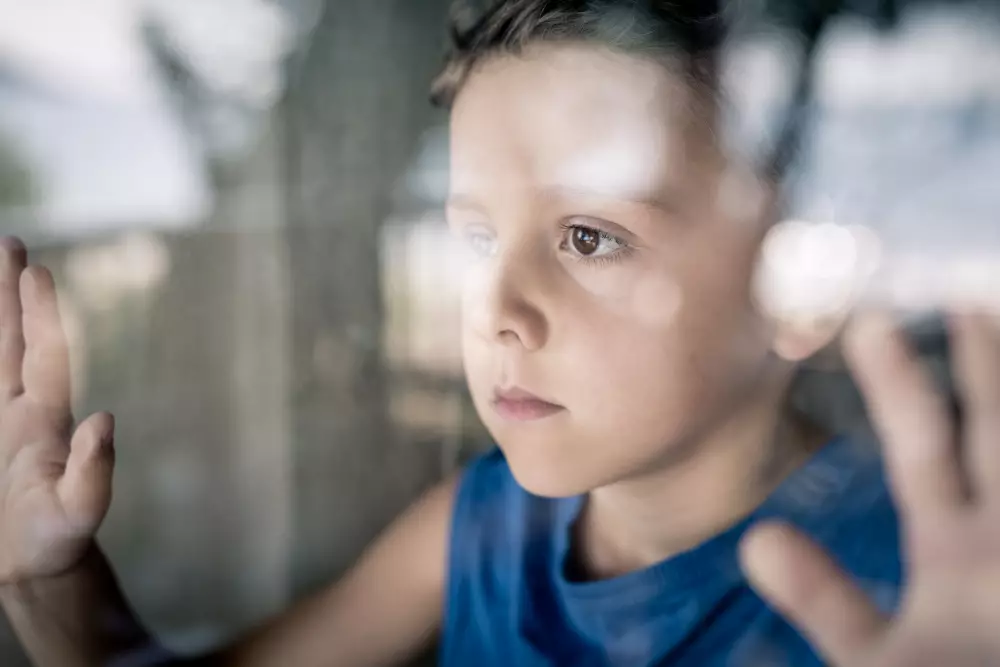When you’re asked to attend a Public Law Outline (PLO) meeting, also known as a pre-proceedings meeting, it can be stressful and upsetting.
If you are invited to a PLO meeting it means that your Local Authority or social worker believes that the health, safety and wellbeing of your child is at serious risk. This meeting is your chance to try and work with the Local Authority and make changes to demonstrate that your child can be safe in your care.
There may be more than one PLO meeting if social workers consider that necessary, and if they believe changes can be made which would avoid the need for them to take their concerns to Court.
Before you go to your PLO meeting, it’s important to know what to expect so you can be prepared. Our experienced and compassionate care proceedings solicitors can help you every step of the way,
What is a PLO meeting & why do I need to go?
When a PLO meeting is planned, you will receive a letter from your Local Authority asking you to attend a meeting. This should outline the reasons for the meeting and give you a time, date and location.
PLO meetings are put in place when the Local Authority and Social Workers have serious, ongoing concerns about the health, safety and wellbeing of a child.
Social Workers will be hoping to have an open and frank discussion with you. It isn’t the purpose of a PLO meeting to confront you or accuse you of being a terrible parent. You’ll have a chance to explain your circumstances and make suggestions about what you think is the best way to look after your child.
Hopefully, the outcome of the meeting will be to agree on a plan that will get you the help and support you need to better protect the welfare of your child, without needing to go to Court.









